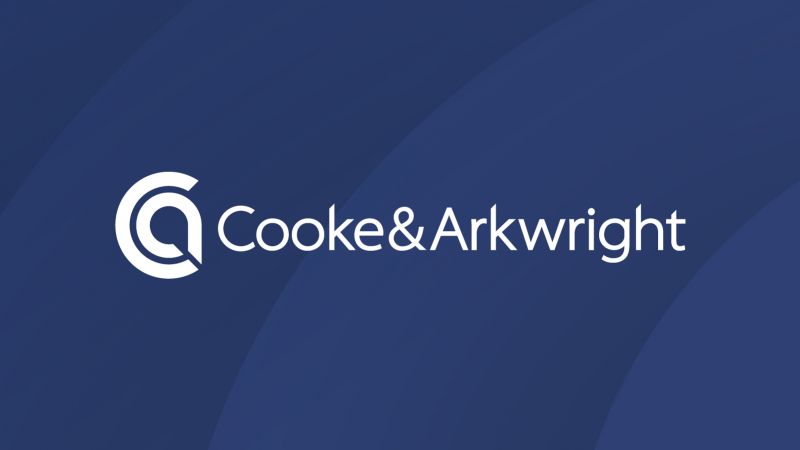Andrew comments, “Smaller businesses in England have welcomed the news as it gives them more certainty. However, it would have been desirable if the Chancellor had permanently exempted all businesses with a rateable value up to £15,000. These smaller properties contribute little to the revenue, but put a demand on resources in administration, including the appeals process. He also announced the move to link the multiplier to CPI rather than RPI, which will help reduce business rate bill rises - albeit the difference is relatively small. The link to RPI created hardship for many businesses during the recession when rates were rising at up to 5.6% per annum. Ideally the multiplier should be frozen or even reduced during a recession.
“There was also a commitment to introduce more frequent (at least three yearly) revaluations to help correct movements in property values and maintain a fairer tax base. We have been asking for more frequent revaluations, so this is good news. In the longer term we would even like to see them move to an annual basis.
“There were missed opportunities such as reducing rate liabilities for larger businesses, maybe by exempting or part-exempting plant and machinery from valuations, as perversely, businesses investing in new equipment may see their rates rise. We’ve also asked for more transparency in the rating system, as many appeals are currently made because the ratepayer does not understand whether the assessment is correct and the only way to establish this is via the appeal process. A new system called ‘Check, Challenge, Appeal’ proposed by the DCLG will actually reduce transparency in the system, so I will be making further representations on this.
“The overall positive impact of the measures announced in the Budget would have been most welcome during the recessionary years, particularly on Britain’s high streets which bore so much of the brunt. However, these are now steps in the right direction. It remains to be seen whether the devolved administrations in Wales and Scotland will follow the lead of the UK Government.”


